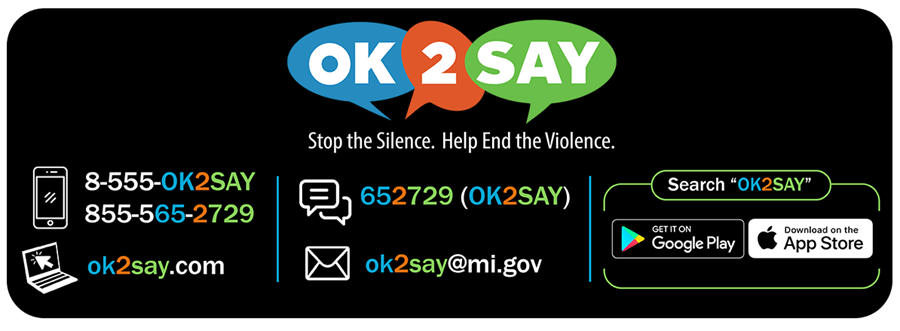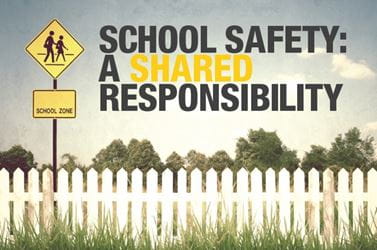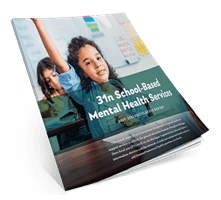Office of School Safety December 2021 Newsletter
> Join Our Newsletter Email List
OK2SAY- Michigan's Student Safety Program
OK2SAY is Michigan's student safety program which allows students to confidentially report tips on potential harm or criminal activities directed at students, school employees, and schools. Please visit www.ok2say.com for more information, resources, publications, and to request middle school presentations (elementary and high school presentations are not available at this time).
Also, a reminder that as per Public Act 401 of 2020, school administrators must also ensure they have submitted emergency after-hours contact information that will allow OK2SAY to efficiently communicate with school personnel. Emergency contact information can be submitted here.
Tips can be submitted 24 hours a day, 7 days a week.
Drills and School Safety Requirements
The quick and appropriate response at Oxford High School by emergency responders, school personnel, and students is thought to have definitely saved lives. This tragedy emphasizes the importance of planning, school safety training, drills, and exercises. All school districts must comply with all mandatory school safety requirements. A list of the legislatively required school safety drills, documentation, and reporting requirements can be found here.
Active Shooter Training
School districts are strongly encouraged to work with their local emergency responders to coordinate planning and training. There are a number of organizations that provide active shooter training to K-12 schools. While not an exhaustive list, several active shooter response training options are listed below.
- Run, Hide, Fight: The Federal Bureau of Investigations and other federal agencies provide basic guidance when encountering an active assailant situation.
- ALICE Active Shooter Response Training: Designed to help staff and students make good survival decisions during an active shooter situation.
- AVERT Training: Prepares individuals to react in active shooter situations and teaches how to control life-threatening bleeding.
- CRASE Course: Training that uses the Avoid, Deny, Defend strategy and provides considerations for performing active shooter drills.
Talking to Students and Staff about Recent Violence
Even students, staff, and families who were not directly impacted by the tragedy at Oxford High School may be feeling anxious and fearful about their own safety at school. Below are several resources that may be helpful when speaking about reactions to recent events.
- Recovery From Large-Scale Crises: Guidelines for Crisis Teams and Administrators
- Coping Tips for Traumatic Events and Disasters
- NASP Crisis Support Guidance Brief
- NASP Crisis Support Guidance Detailed
School Safety Officials Encourage Students To Seek Out Mental Health Resource
Parents and trusted adults should familiarize themselves with potential indicators of a mental health crisis. Please refer to the December 16, 2021, news release on behalf of the Office of School Safety, Michigan Department of Education, Michigan Department of Health and Human Services, and Community Mental Health Association of Michigan.

De-escalation: Help for Educators
Legal observers, educators, and student advocacy groups noted a spike in suspensions and expulsions in Michigan districts during the first few months of the 2021-2022 school year. Along with the pandemic's lingering physical and psychological effects and severe staffing shortages, conflict and aggressive behavior among students can disrupt learning and, at times, threaten school safety.
- De-escalation Techniques for Teachers
Emergency Operations Plan Deadline
Emergency operations plans (EOPs) are required by Michigan law (MCL 380.1308b) for each school building of every school district, intermediate school district, and public school academy. This includes any building intended to be used to provide instruction for students, as well as any recreational/athletic structure or field intended to be used by students. The EOP must be reviewed biennially in conjunction with at least one law enforcement agency that has jurisdiction over the district. The next deadline for the biennial review is January 1, 2022.
The Michigan Department of Education is preparing the MEGS+ system to accept EOP review reports and will notify schools when that becomes available.
Reference documents, including the 2014 Michigan State Police (MSP) All-Hazards Emergency Operations Planning Guidance for Schools and an EOP template, are available upon request via email to MSP-SchoolSafety@michigan.gov.
Competitive School Safety Grant Information
Since 2015, the Michigan Legislature has appropriated over $55 million for the MSP Grants and Community Services Division to provide and administer competitive grants to schools to improve the safety and security of students, staff, and school buildings through the purchase of technology and equipment or to upgrade building hardening measures. The application and application guidance for another round of grants totaling $10 million will be released on February 1, 2022, with awards made no later than May 1, 2022. Public schools, nonpublic schools, school districts, and intermediate school districts will be eligible to apply. More information about the Competitive School Safety Grant Program can be found here.

School-Based Mental Health Services
The 31n Advisory Council has released the 2020-2021 legislative report outlining 31n school-based mental health information. This council is comprised of stakeholders and professionals with diverse backgrounds and expertise that are committed to improving the social and emotional wellbeing of Michigan students through advocacy and collaboratively representing the needs of the whole child. The Michigan Legislature has allocated funds to intermediate school districts and the network of child and adolescent health centers to add licensed behavioral health providers in schools. The full report can be found here.
 Click here for Great Lakes Homeland Security Conference Information
Click here for Great Lakes Homeland Security Conference Information
May 10 - 12, 2022 | School track is May 11, 2022
Additional Resources and Information
Final Recommendations of the School Safety Task Force (2018)